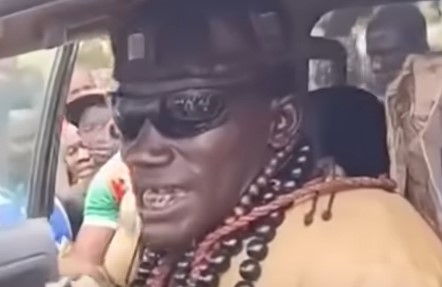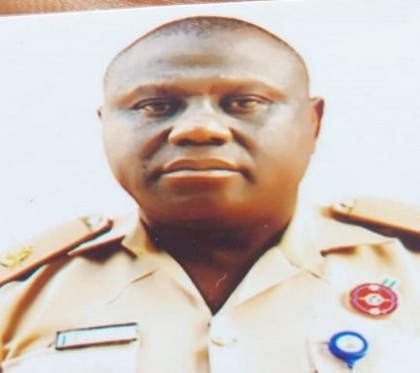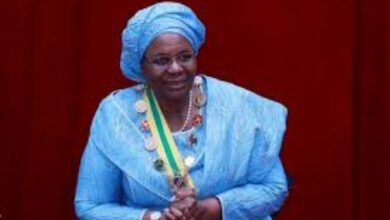WATCH: Unpacking the “Strange Forces” Guarding Burkina Faso’s President Ibrahim Traoré

In the volatile landscape of the Sahel, where coups and insurgencies are sadly common, the remarkable resilience of Burkina Faso’s transitional president, Captain Ibrahim Traoré, has sparked widespread discussion. While conventional security measures are undoubtedly in place, a prevailing narrative, particularly within African social media and informal circles, suggests that Traoré benefits from “strange forces” or supernatural protection, adding a mystical layer to his survival amidst numerous threats.
Since seizing power in September 2022, Traoré, Africa’s youngest head of state, has faced a complex web of challenges. Burkina Faso grapples with a persistent jihadist insurgency, a legacy of political instability, and external pressures. Reports of multiple attempted coups and assassination plots underscore the constant danger surrounding his leadership. Yet, despite these acute threats, Traoré remains firmly in power, leading many to ponder the source of his seemingly unshakeable security.
This is where the notion of “strange forces” enters the conversation. In many African cultures, beliefs in spiritual protection, ancestral intervention, and the efficacy of traditional practices against harm are deeply ingrained. It is not uncommon for political figures to be associated with such beliefs, with some leaders reportedly seeking spiritual guidance or employing traditional means to safeguard themselves from adversaries. For a leader like Traoré, who projects an image of defiance against external influence and a commitment to self-reliance, these narratives resonate powerfully with a populace that often views political struggles through a spiritual lens.
Online platforms, particularly YouTube and TikTok, are rife with videos and discussions purporting to reveal the “unseen hands” protecting Traoré. These often feature anecdotal accounts, interpretations of his public appearances, and even claims of spiritual intervention thwarting his enemies. While lacking empirical evidence, these narratives tap into a collective consciousness that seeks explanations beyond the purely rational, especially when confronted with events that defy conventional understanding.
It’s important to differentiate between official security protocols and popular beliefs. Burkina Faso, like any nation, employs a dedicated security apparatus to protect its president. However, the consistent survival of President Traoré in a highly precarious environment feeds into existing cultural frameworks that interpret resilience and success, particularly against powerful odds, as indicative of a deeper, perhaps supernatural, backing.
The discourse around Traoré’s “strange forces” also intertwines with his popular image. He is widely seen by many young Africans as a symbol of defiance against neo-colonialism and a champion of pan-African ideals. This admiration, coupled with his survival, may lead supporters to attribute his continued leadership to something more than just military prowess or strategic acumen – perhaps a divine or mystical mandate.
Ultimately, while the specifics of President Ibrahim Traoré’s security remain a closely guarded secret, the popular belief in “strange forces” protecting him highlights the intricate interplay of modern politics, traditional beliefs, and the human desire to find meaning and explanation in extraordinary circumstances. Whether a matter of spiritual intervention or simply highly effective, albeit covert, security measures, the enigma of Traoré’s protection continues to fascinate and fuel conversations across the continent.
Watch this video below:
Source: http://thepressradio.com





